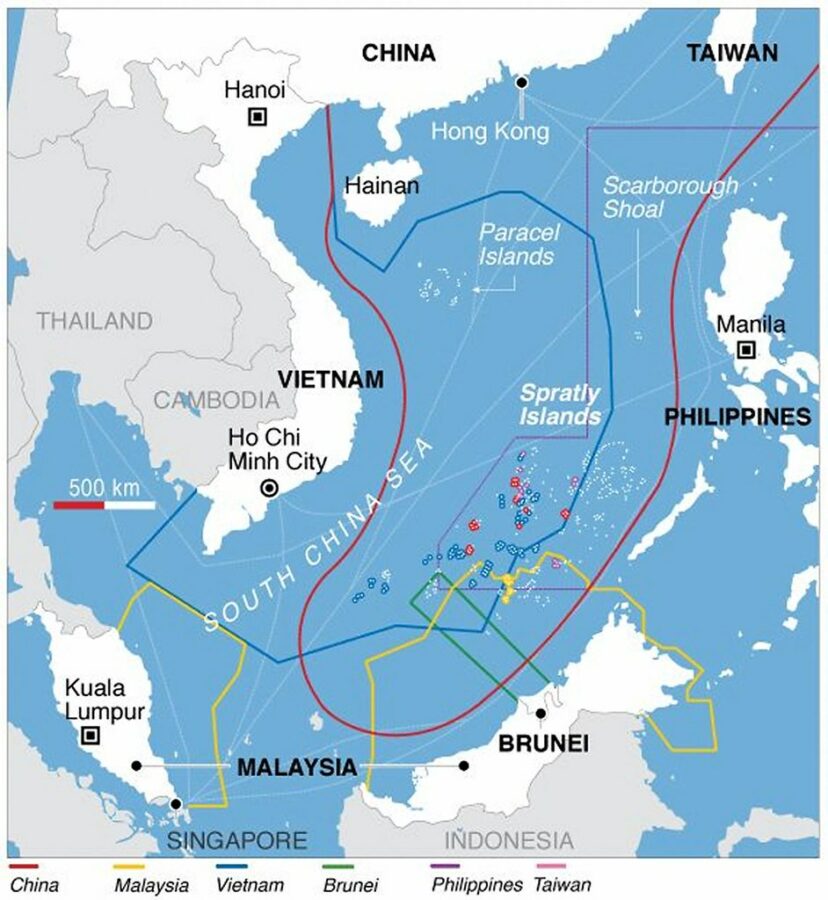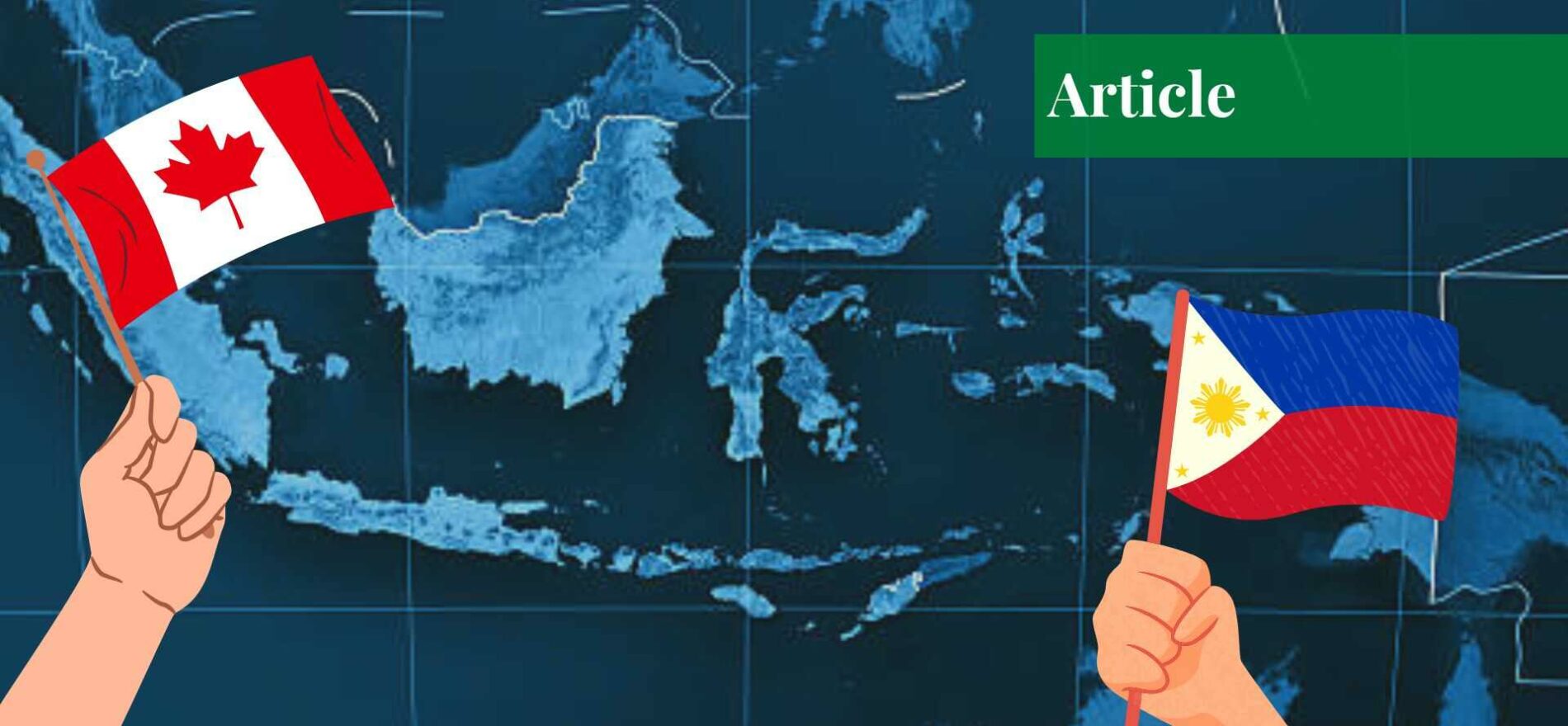Mr Muhammad Shahbaz Rajper is a freelance columnist from Sindh.
The Canada-Phlippines defence agreement finds its basis in the China-Philippines territorial dispute over the South China Sea, especially in the region near to Second Thomas Shoal which China claims to be its territory along with the almost complete South China Sea based on its disputed “nine-dash line.”
On December 10th, 2023, the Philippines accused China of ramming a supply boat near the Second Thomas Shoal, while China constantly blames the former’s involvement in the region as the reason for the escalation of tensions among states. The Philippines already shares defence agreements with the United States to counter China’s actions in the South China Sea under many agreements, mainly the Visiting Forces Agreement (VFA). The VFA allows the rotation of thousands of American troops in and out of the Philippines for exercises and war drills strengthening its military as well as a naval presence in the region.
A similar VFA is expected to be signed between Canada and the Philippines, further complicating the security dynamics of the region. The nature of the agreement is based on the defence agreement with the sharing of information and training exercises and war drills practised between the military of both countries. It is being claimed by the governments that this agreement is based on mutual trust and confidence, and it is anticipated to withstand political changes and the test of time.
Canada’s role can be strengthened in the region with this defence pact as its support for the Philippines against China’s assertiveness would be more justified. The backing by Canada in the 2016 ruling of the Permanent Court of Arbitration which dismissed China’s expensive claims in the South China Sea shows Canada’s support for the Philippines in these matters of intense security and geopolitical importance.
Another important factor of this agreement is the inclusion of Canada’s Dark Vessel Detection system which is aimed at combating illegal, unregulated, and unreported fishing. This system will enhance the security of the Philippines’ borders in the South China Sea and will also regulate China’s actions. This will also enhance the maritime awareness of the Philippines over its territorial waters and the Exclusive Economic Zones (EEZs), areas that have been disputed and contested for years with China’s claims.
China views any involvement in the South China Sea as an interference in its sovereignty claims on the territorial waters of the South China Sea. China is very clear in its stance that the region of the South China Sea should not become a ground for geopolitical interests for countries outside the region like the United States and Canada. This reflects the broader context of the South China Sea dispute, where China has several confrontations with almost all the other participants, the Philippines being one of them.

With the existing US presence and involvement in the region along with its naval presence, the inclusion of Canada in the region will strengthen both the position of the Philippines as well as provide more strength to the US. From the geopolitics perspective, this defence agreement is not only going to strengthen the relations between Canada and the Philippines but it will also incorporate many actors such as China and the United States into the equation. Such multiplicity of actors is due to the increasing sensitivity of the disputed territorial waters of the South China Sea.
The Canada-Philippines Defence Agreement, which is geared towards enhancing military cooperation between the two countries and facilitating disaster response, is indirectly intertwined with the dispute over the South China Sea, especially given the Philippines’ territorial spats with China. The pact, which complements the already existing defence pacts of the US-Philippines, will enable Manila to boost its military capabilities against Chinese aggression, particularly in the vicinity of contested areas like the Second Thomas Shoal.
Canada has remained involved, evident in how it has backed the Philippines in international arbitration that challenged China’s claim over the strategic waterway; it has also provided Manila with its state-of-the-art Dark Vessel Detection system, to reinforce maritime security and clamp down on illicit activities. As expected, this has sparked a backlash from Beijing, which regards it as a ploy to complicate its territorial claims and a bid to challenge its sovereignty in the South China Sea.
If you want to submit your articles and/or research papers, please check the Submissions page.
The views and opinions expressed in this article/paper are the author’s own and do not necessarily reflect the editorial position of Paradigm Shift.



















